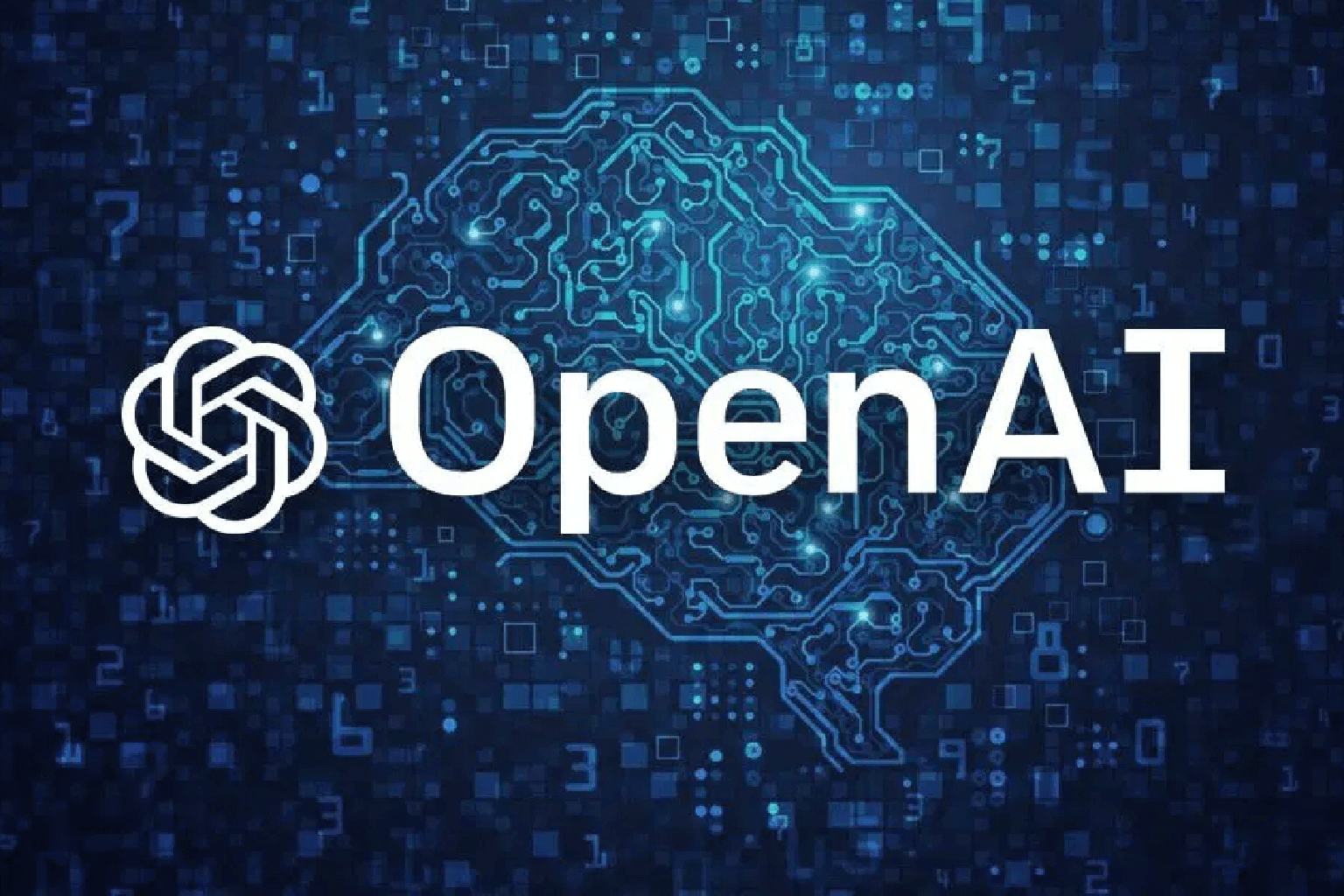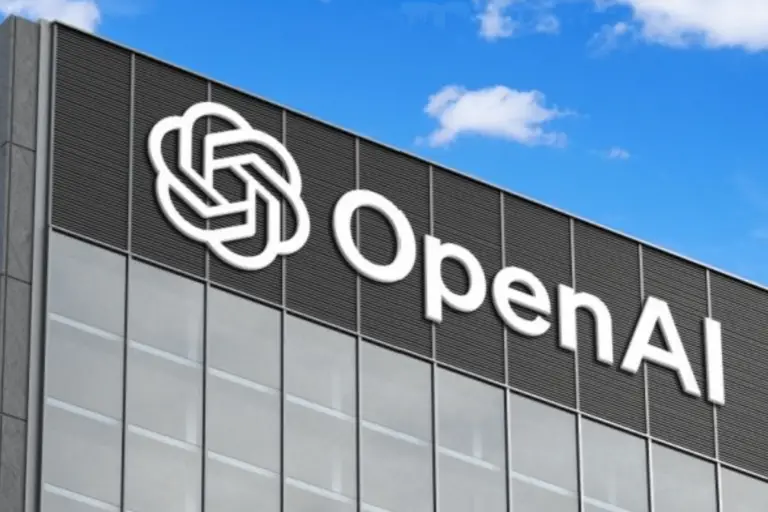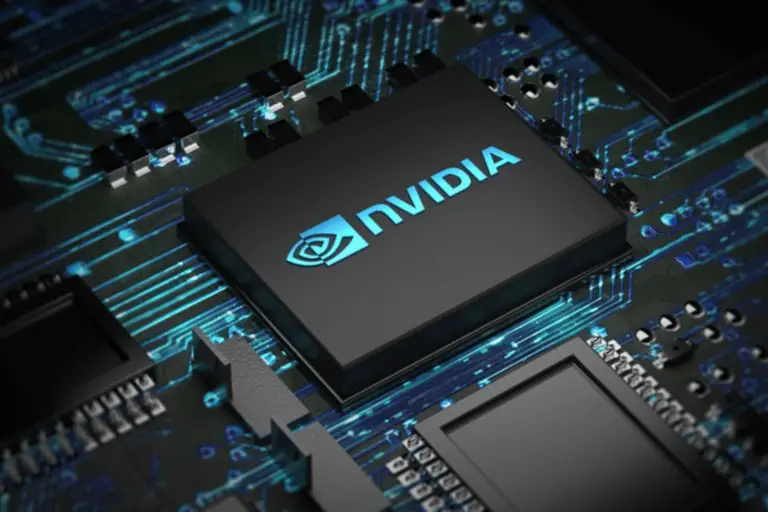
OpenAI’s $150B Valuation Linked to Changing Corporate Framework
OpenAI is considering a new funding round using convertible notes, with major investors such as Microsoft, Apple, and Nvidia interested in participating. The valuation could reach $150 billion, subject to structural changes to remove a profit cap.
People who know about the situation say that convertible notes are likely to be the form of OpenAI’s new round of funding. They say that the company’s $150 billion valuation will depend on whether it can change its corporate structure and get rid of an investor profit cap.
The conditions of the $6.5 billion funding, previously undisclosed, demonstrate OpenAI’s transformation from a research-based non-profit to the world’s most valuable AI startup.
They also show the structural changes the company is willing to make to get more money to fund its expensive search for artificial general intelligence (AGI), or AI that is smarter than humans. Many investors are interested in the massive funding round, which could conclude in the next two weeks due to OpenAI’s rapid income growth, according to sources.
Existing investors like Microsoft, Thrive Capital, and Khosla Ventures are likely to take part. Apple and Nvidia are two new companies that plan to invest.
There are also discussions about Sequoia Capital returning as an investor. According to sources who spoke to Reuters on the condition of anonymity to discuss private matters, if the restructuring fails, OpenAI would have to renegotiate its valuation with investors.
OpenAI is likely to convert its shares at a lower price this time. When asked about the funding and possible changes, OpenAI said in a statement that it is still working with its non-profit board to build AI that helps everyone.
“The nonprofit is an important part of our mission and will stay in existence,” a company representative said. OpenAI’s nonprofit board, which includes CEO Sam Altman, entrepreneur Bret Taylor, and seven other members, would need to approve the removal of the profit cap.
Sources confirmed that the company has also talked with lawyers about changing its structure from a non-profit to a for-profit benefit corporation, which is what its competitors like Anthropic and xAI are doing.
It’s not clear if such big changes to the structure of a company could happen. Getting rid of the profit cap, which limited investors’ possible returns in OpenAI’s for-profit branch, would make things even better for early investors.
OpenAI Balances Profit and Mission
People might also question OpenAI’s management style and its deviation from its non-profit mission. OpenAI explains that they set the limit to “incentivize them to research, develop, and deploy AGI in a way that balances commerciality with safety and sustainability, rather than focusing on pure profit maximization.”
An open-source research project opened the AI lab in San Francisco in 2015 to make AI useful for everyone. A non-profit parent organization now runs it.
It has sped up its efforts to turn its ideas into businesses by offering paid services like ChatGPT to individuals and businesses. These services now have over 200 million users. Existing investors can only get a certain amount of money back on their investments. Any extra money will go to the non-profit.
In OpenAI’s first round of funding, investors could only get back 100 times what they put in. The business wrote in a 2019 blog post about the structure, “We expect this multiple to be lower for future rounds.” This is how OpenAI has raised more than $10 billion in the last few years, with most of that money coming from Microsoft. In February, Thrive Capital led a deal where the company sold its existing shares, bringing its value to $80 billion.


